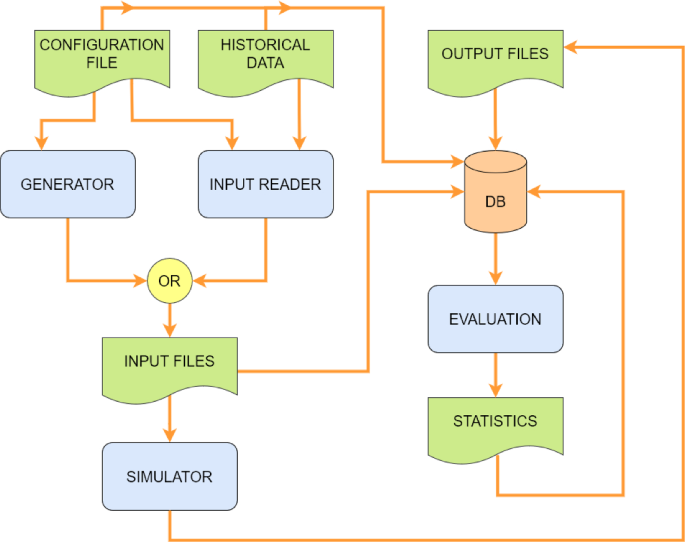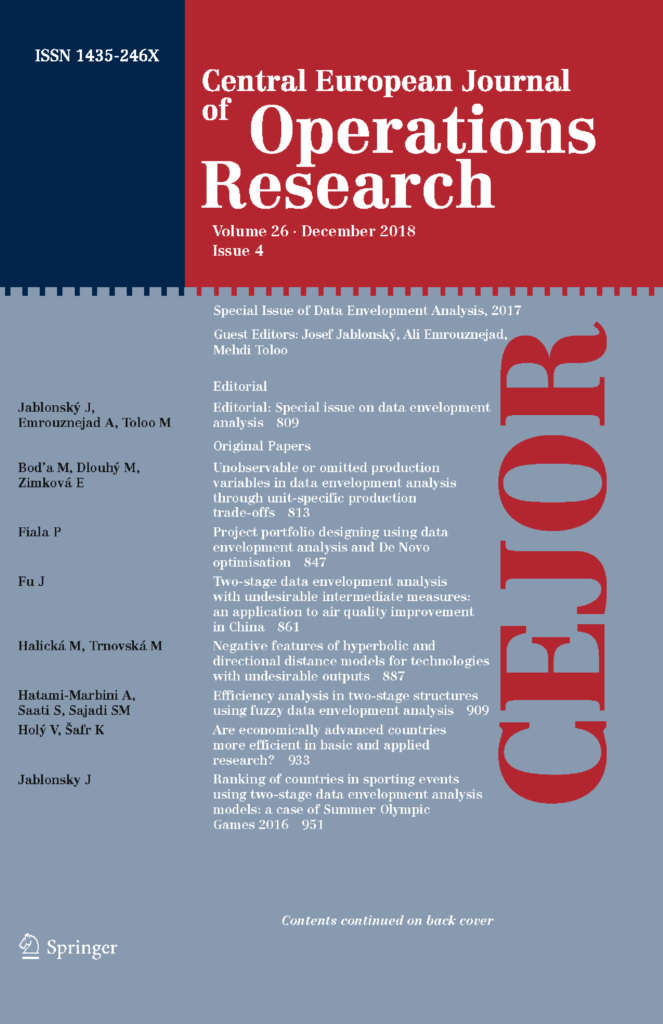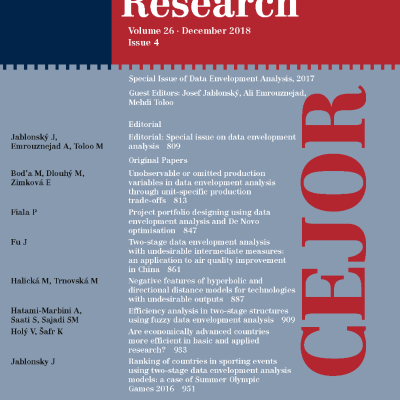Performance evaluation of national and international kidney exchange programmes with the ENCKEP simulator
Kristóf Druzsin, Péter Biró, Xenia Klimentova & Rita Fleiner
In this paper we present simulations for international kidney exchange programmes (KEPs). KEPs are organised in more than ten countries in Europe to facilitate the exchanges of immunologically incompatible donors. The matching runs are typically conducted in every three months for finding optimal exchanges using hierarchical optimisation with integer programming techniques. In recent years several European countries started to organise international exchanges using different collaboration policies. In this paper we conduct simulations for estimating the benefits of such collaborations with a simulator developed by the team of the ENCKEP COST Action. We conduct our simulations on generated datasets mimicking the practice of the three largest KEPs in Europe, the UK, Spanish and the Dutch programmes. Our main performance measure is the number of transplants compared to the number of registrations to the KEP pools over a 5-year period, however, as a novelty we also analyse how the optimisation criteria play a role in the lexicographic  and weighted optimisation policies for these countries. Besides analysing the performances on a single instance, we also conduct large number of simulations to obtain robust findings on the performance of specific national programmes and on the possible benefits of international collaborations.
and weighted optimisation policies for these countries. Besides analysing the performances on a single instance, we also conduct large number of simulations to obtain robust findings on the performance of specific national programmes and on the possible benefits of international collaborations.
Download PDF



